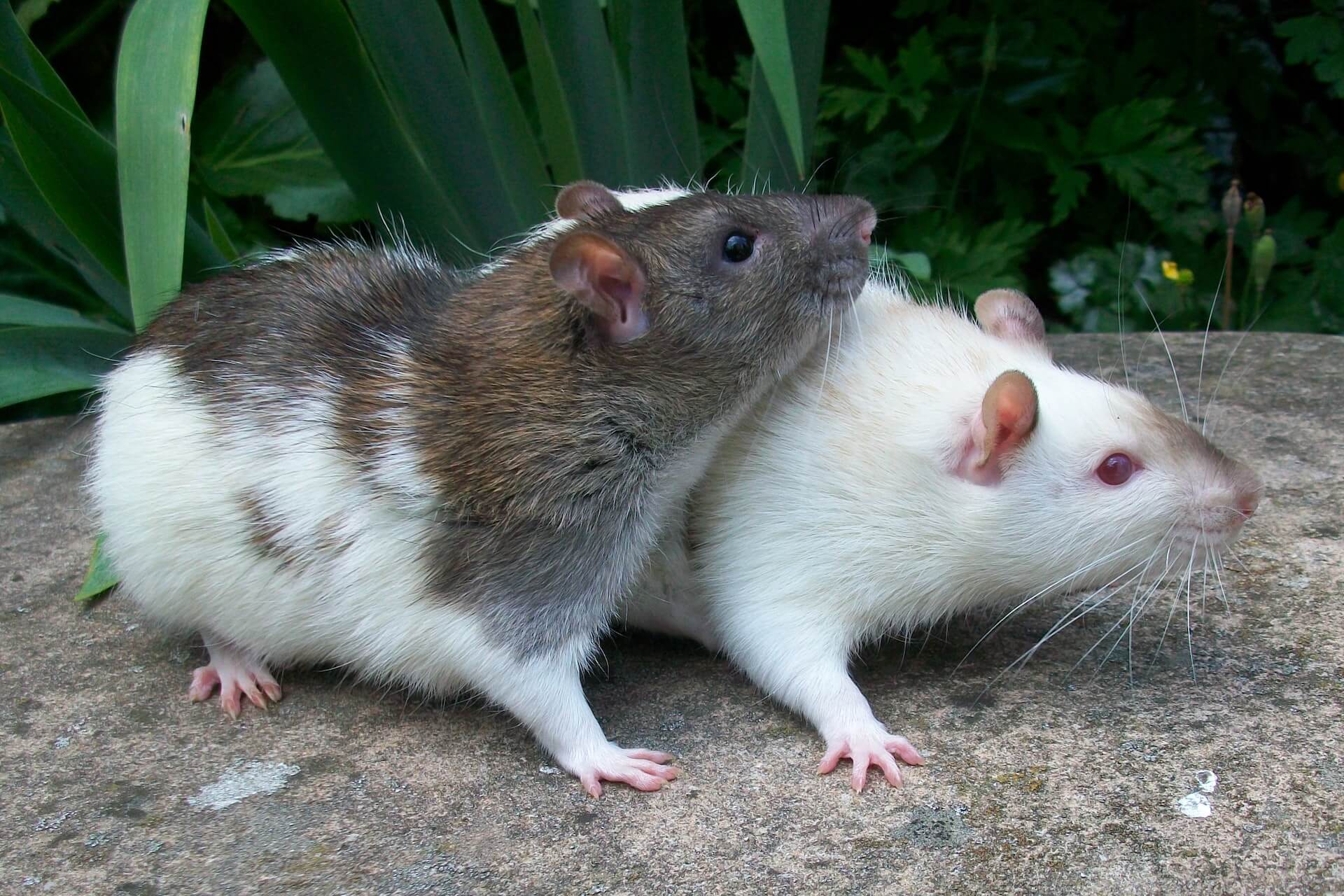Breeding fancy rats can be a rewarding experience for those who are passionate about these intelligent and friendly rodents. However, responsible breeding is essential to ensure the health and well-being of both the parent rats and their offspring. If you are considering becoming a fancy rat breeder, it’s crucial to understand the responsibilities, ethical considerations, and proper procedures involved in the breeding process. In this comprehensive guide, we’ll explore the world of responsible breeding and provide valuable insights for aspiring rat breeders.
Before You Begin: Understanding Fancy Rat Breeding
1. Research Extensively
Before embarking on a breeding venture, thoroughly research fancy rats, their genetics, and their care requirements. Gain a deep understanding of rat behavior, health, and husbandry.
2. Select Quality Breeding Stock
Choose healthy and well-tempered rats as your breeding stock. Ensure they come from reputable sources and have no known hereditary health issues. Select rats with desirable traits and temperament.
3. Ethical Considerations
Responsible breeding means prioritizing the welfare of the rats. Avoid breeding rats solely for profit or without a clear purpose. Consider the impact of breeding on the rat population and prioritize the well-being of your rats above all else.
4. Genetic Diversity
Maintaining genetic diversity is crucial for the long-term health of fancy rats. Avoid excessive inbreeding, which can lead to genetic health issues. Keep detailed records of your rats’ lineage to make informed breeding decisions.
The Breeding Process
1. Age and Health
Wait until your female rat (doe) and male rat (buck) are at the appropriate breeding age, typically around 5-6 months. Ensure they are in good health and have received proper veterinary care.
2. Controlled Breeding
When you introduce the doe and buck for breeding, closely supervise their interactions. It’s essential to control the breeding process to prevent injuries or overbreeding, which can be harmful to the female.
3. Pregnancy and Care
Once the doe is pregnant, provide her with a comfortable and safe nesting area in the cage. Ensure she receives a balanced diet and remains stress-free throughout her pregnancy. Gestation typically lasts 21-23 days.
4. Birth and Early Care
When the babies (known as pups) are born, they are entirely dependent on their mother for warmth, nourishment, and care. Avoid disturbing the nest unnecessarily during this time.
5. Socialization and Handling
Handle the pups gently and frequently from a young age to ensure they become well-socialized and comfortable with human interaction. This early socialization is essential for their future as pets.
6. Finding Homes
Responsible breeders find loving and suitable homes for the pups they produce. Screen potential adopters to ensure they are committed to providing proper care and a suitable environment for the rats.
7. Record Keeping
Maintain detailed records of each litter, including birth dates, parentage, and any relevant health information. This documentation is crucial for tracking genetic lines and ensuring responsible breeding practices.
Health and Welfare Considerations
1. Veterinary Care
Regularly consult with a veterinarian experienced in small animals to ensure the health and well-being of your rats. Address any health concerns promptly and follow recommended vaccination schedules.
2. Overpopulation
Be cautious not to contribute to overpopulation. Plan your breeding carefully, and avoid breeding rats without a clear purpose or suitable homes lined up for the offspring.
3. Health Testing
Consider health testing for common genetic issues that can affect fancy rats. This may include screening for respiratory problems or other hereditary conditions.
4. Responsible Culling
In some cases, ethical breeders may need to make difficult decisions regarding the welfare of pups with severe health issues. Consult with a veterinarian to determine the best course of action in such situations.
Conclusion
Breeding fancy rats responsibly is a serious commitment that requires a deep understanding of rat genetics, behavior, and welfare. Ethical breeding practices prioritize the well-being of the rats above all else and contribute positively to the fancy rat community.

Remember that responsible breeding is not about quantity but about quality. It involves careful planning, rigorous record-keeping, and a commitment to the welfare of every rat you produce. If you decide to become a fancy rat breeder, do so with dedication, integrity, and a genuine love for these wonderful creatures.
By following these guidelines and continually educating yourself about rat care and breeding best practices, you can play a vital role in promoting the health and well-being of fancy rats and enrich the lives of rat enthusiasts worldwide.


